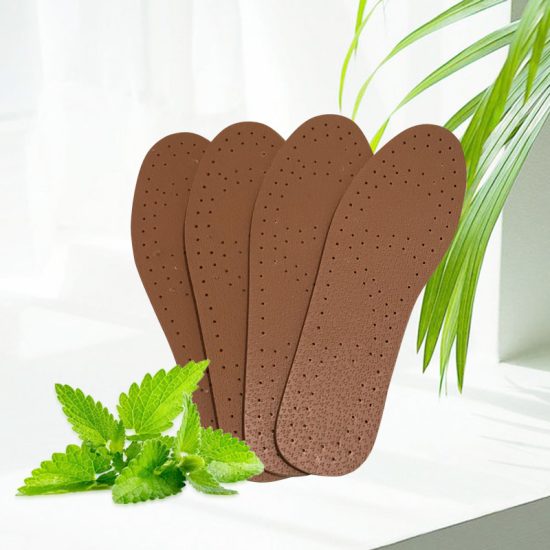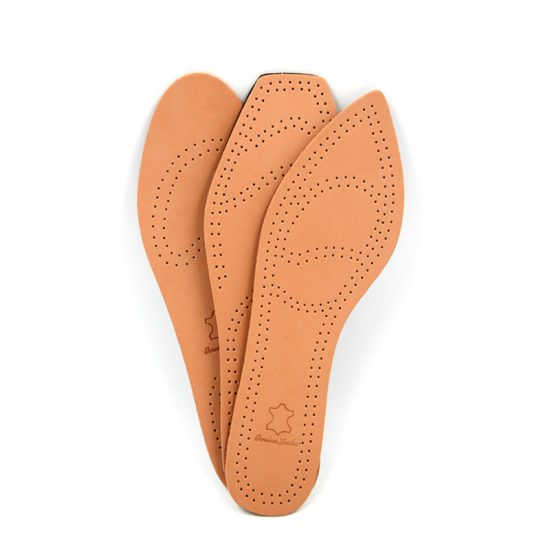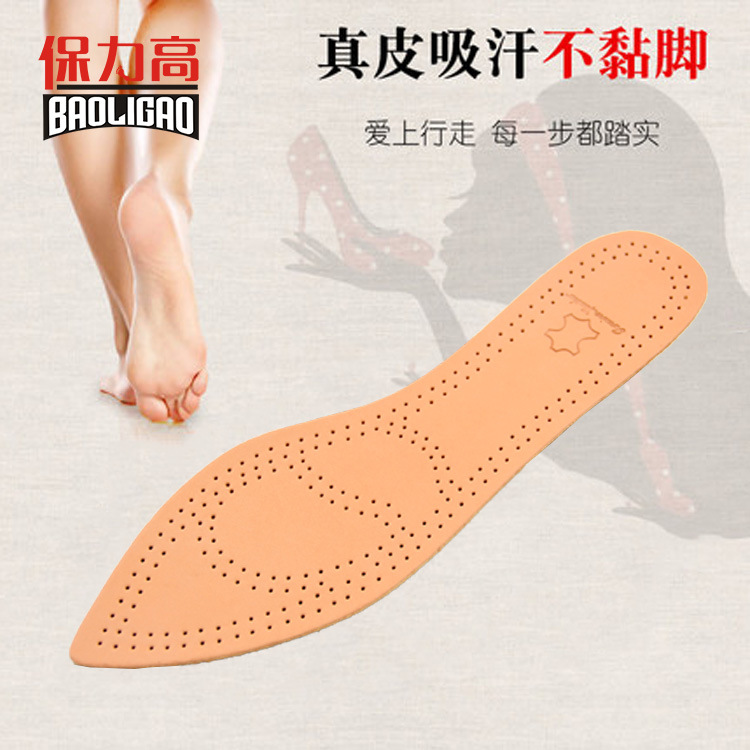Shoe insoles can be an important component of foot care for diabetic patients, as they can help reduce pressure, prevent injury, and improve overall foot health. However, there are several factors to consider when choosing shoe insoles for diabetic patients:
- Size and fit: Insoles should fit properly and comfortably in the shoe without bunching or slipping. They should also be the correct size and shape for the individual’s foot.
- Cushioning: Insoles should provide adequate cushioning to help reduce pressure on the feet, especially in areas where the skin is thinner or more sensitive.
- Arch support: Insoles should provide appropriate arch support to help distribute pressure evenly across the foot and prevent excessive pressure on specific areas.
- Breathability: Insoles should be made from breathable materials to help prevent moisture buildup, which can increase the risk of infection.
- Anti-microbial properties: Insoles with anti-microbial properties can help prevent the growth of bacteria and fungi, which can reduce the risk of infection.
- Diabetic foot issues: Diabetic patients may experience specific foot issues such as neuropathy, poor circulation, or foot ulcers, and insoles should be chosen with these conditions in mind. Insoles for diabetic patients should be designed to accommodate these conditions and prevent further injury.
- Customization: Custom-made insoles can be tailored to an individual’s foot, providing a personalized



